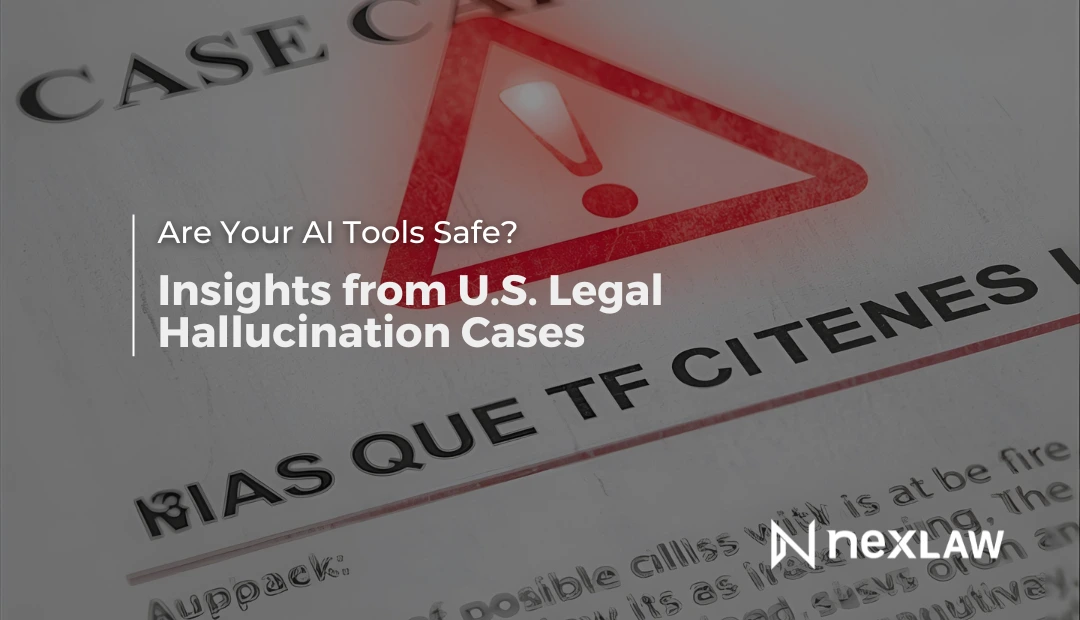Essential Legal Automation Tools for Lawyers: Streamlining Practice in 2025
The modern legal practice demands unprecedented efficiency, accuracy, and cost-effectiveness, requirements that human effort alone cannot meet in today’s competitive environment. Legal automation tools powered by artificial intelligence have emerged as the solution, transforming how attorneys work and deliver client value.
The Rise of Legal Process Automation
The statistics surrounding legal automation adoption tell a compelling story of industry transformation. An overwhelming 82% of contract professionals report that more than 20% of their daily work could be automated with AI, highlighting the massive untapped potential for efficiency improvements in legal practice.
This isn’t theoretical potential, it’s measurable reality. Legal technology solutions can achieve approximately 40% time savings through streamlining repetitive tasks in the profession. For a typical attorney billing 2,000 hours annually, this represents 800 hours of reclaimed time that can be redirected toward high-value client counsel and business development.
The financial impact is equally impressive. According to Forrester research, businesses save over $1 million by automating workflows, with law firms seeing particularly dramatic returns on automation investments due to the document-intensive nature of legal work.
Modern legal automation extends far beyond simple template generation. Today’s AI-powered tools understand legal context, adapt to jurisdiction-specific requirements, and integrate seamlessly with existing practice management systems to create comprehensive efficiency solutions.
Document Automation: The Foundation of Modern Legal Practice
Document creation and management represent the largest opportunity for automation in legal practice. The legal document automation software market, estimated at $2 billion and projected to reach $6 billion by 2033 with a 15% compound annual growth rate, reflects widespread recognition of automation’s transformative potential.
The efficiency gains are remarkable and measurable. Automated document management systems save time and reduce human error by 32%, while enabling attorneys to create first drafts 72% faster than traditional methods. One comprehensive study found that automation reduces time spent on document-related tasks by 50%, freeing attorneys to focus on strategic legal work.
Modern document automation systems offer sophisticated capabilities far beyond simple template filling. AI-powered platforms understand legal language nuances, automatically populate client-specific information, and adapt document structure based on case requirements and jurisdictional variations.
For example, when generating a commercial lease agreement, advanced automation tools automatically adjust security deposit requirements, notice periods, and termination provisions based on state law, while incorporating client-specific business terms and risk preferences.
Contract Management and Review Automation Revolution
Contract management has emerged as the area where legal professionals expect the most significant AI-driven transformations, with 70.8% of respondents anticipating major changes over the next three years. This expectation is driving rapid innovation in contract automation technologies.
The results speak for themselves. Real-world implementations demonstrate extraordinary efficiency improvements: Funnel reduced legal contract reviews by 88% through automation implementation, while Placemakr saves 50% of time on contracts by integrating automation with CRM systems.
AI-powered contract analysis delivers unprecedented speed and accuracy. While human attorneys typically require 92 minutes to complete comprehensive contract review, AI systems accomplish the same analysis in just 26 seconds. More importantly, AI outperformed trained lawyers by 10% in accuracy, demonstrating that automation enhances quality while dramatically improving efficiency.
Modern contract automation platforms provide comprehensive analysis capabilities including clause identification, risk assessment, compliance verification, and automated redlining with suggested improvements. These systems learn from successful contract negotiations and can predict potential issues before they become problems.
Legal Research and Case Analysis Automation
Traditional legal research involves manually searching through volumes of legal documents, cases, and statutes a time-consuming process that AI automation has revolutionized. Advanced legal research tools use Natural Language Processing (NLP) to analyze thousands of legal documents in seconds, dramatically reducing research timelines while improving comprehensiveness.
The technology goes far beyond keyword searching. Modern AI platforms understand legal concepts and relationships, enabling them to identify relevant precedents even when they don’t contain specific search terms. For instance, searching for “breach of fiduciary duty” might surface cases involving “self-dealing” or “conflict of interest” that contain the same legal principles under different terminology.
Automated case law recommendation systems analyze current research and suggest related precedents, helping attorneys build more comprehensive legal arguments. These systems identify patterns across successful cases and can predict which precedents are most likely to support specific legal positions.
The efficiency gains are substantial. Legal research that previously required days of manual work can now be completed in hours, with AI systems providing comprehensive case citations, relevant statutory references, and strategic insights that inform case development.
Client Communication and Service Automation
Client service automation addresses the growing expectation for immediate legal support. Research indicates that 59% of legal clients expect lawyers to be available outside business hours, creating demand for automated communication solutions that maintain professional service standards around the clock.
AI-powered chatbots and client portals provide instant responses to routine inquiries, appointment scheduling, and case status updates. These systems handle initial client screening, gather necessary information for case assessment, and route complex inquiries to appropriate attorneys.
Automated billing and payment processing streamlines financial interactions while reducing administrative overhead. These systems generate detailed invoices, process payments, and provide clients with transparent billing information that enhances trust and satisfaction.
Document sharing and collaboration platforms enable secure client communication while maintaining detailed audit trails for ethical compliance. Clients can access case documents, receive updates, and communicate with their legal team through secure portals that protect confidential information.
NexLaw’s Comprehensive Automation Ecosystem
NexLaw provides integrated automation solutions that address the full spectrum of legal practice needs through a unified AI-powered platform designed specifically for legal professionals.
The TrialPrep platform automates the entire litigation workflow from initial case research through trial preparation. By analyzing case facts, applicable law, and historical precedents, TrialPrep reduces trial preparation time from 100 hours to just 3 minutes while improving strategic analysis and argument development.
ChronoVault technology revolutionizes document analysis through intelligent processing and thematic discovery. Unlike traditional keyword-based systems, ChronoVault identifies narrative themes and patterns across vast document collections, uncovering insights that conventional review methods miss entirely.
Transform Your Practice with Legal Automation
82% of legal work can be automated, NexLaw helps you do it right. Cut research time by 95% and boost accuracy, efficiency, and client satisfaction.
- Book a Demo – See NexLaw in action
- Explore Our Plans – Find the best fit for your firm
.webp)



.webp)
.webp)




